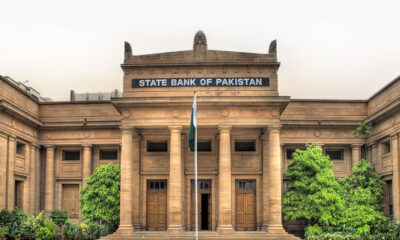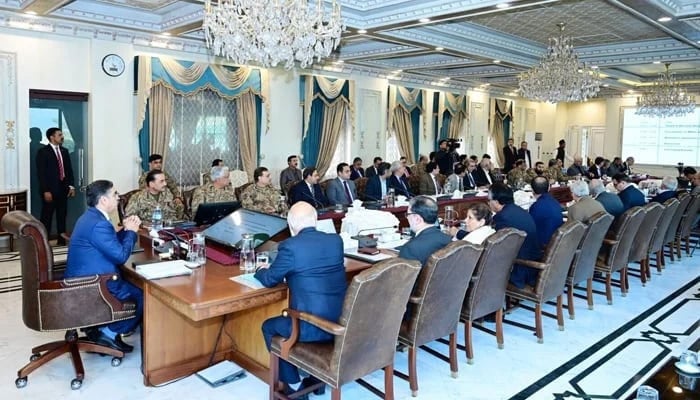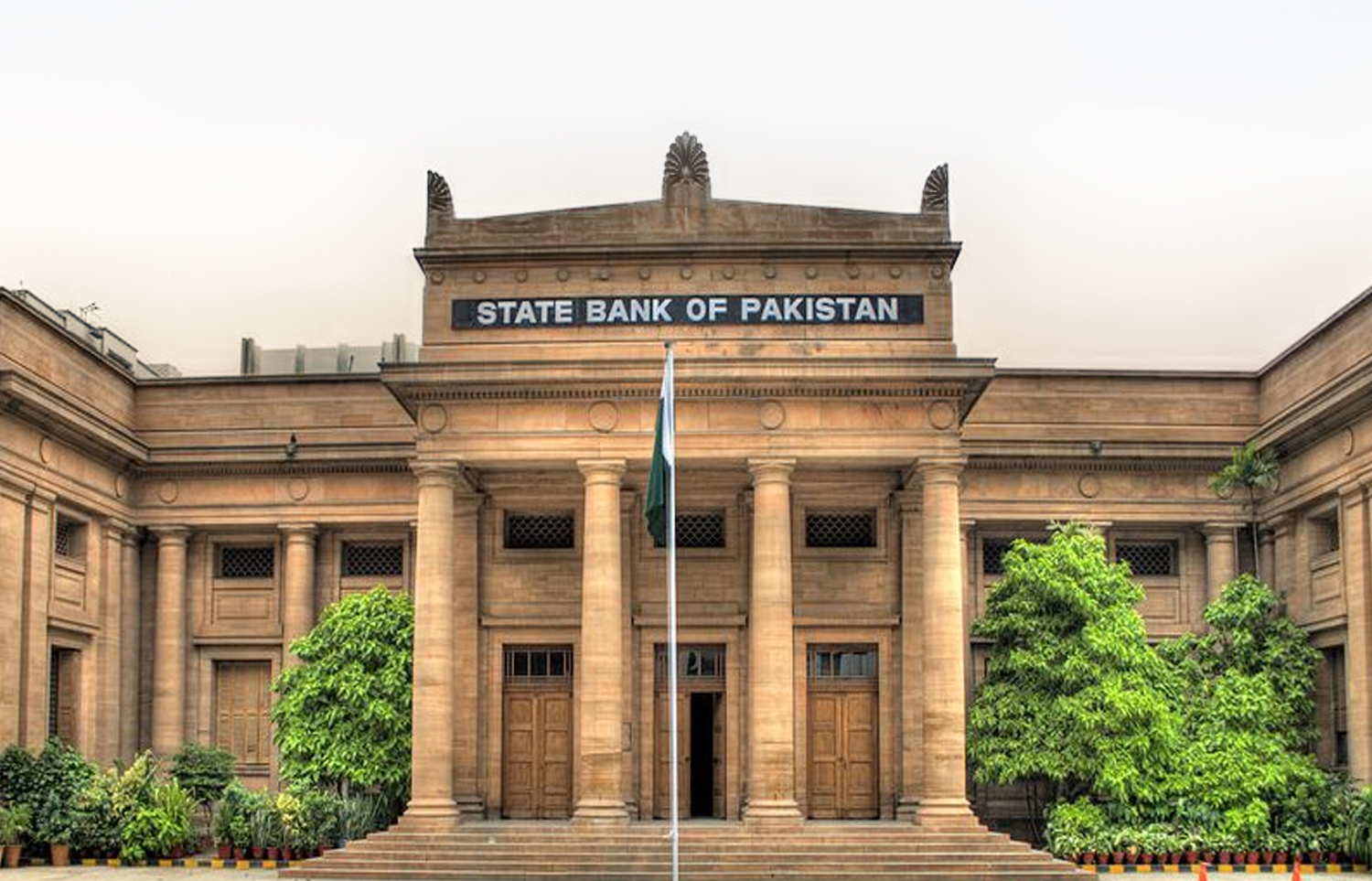- Domestic forums to be given 8 months to provide solution.
- In case of non-resolution, Doha and Riyadh can approach PCA/ICSID.
- SIFC gives approval in principle for the establishment Nidra.
ISLAMABAD: Pakistan agreed to allow the Kingdom of Saudi Arabia and Qatar to approach the Permanent Court of Arbitration (PCA) or International Centre for Settlement of Investment Disputes (ICSID) if any issue they face in the multibillion-dollar investments they plan to make in projects, reported The News on Wednesday.
The two sides are holding talks on the exact valuation of the Reko-Diq project and Manara Minerals is finalising the term sheet and valuation.
The Manara Minerals Investment Company is a new venture between the Saudi Arabian Mining Company (Ma’aden) and the Public Investment Fund (PIF) that will invest in mining assets globally for Riyadh and support the development of resilient global supply chains. While on Pakistan’s side, the Reko Diq Mining Company (RMDC) has been tasked to hire levies and payment mechanisms defined for Balochistan.
“Pakistan has negotiated to include a graduated approach for settlement of investment disputes between the state and investors. Through this arrangement, there will be a mandatory period of eight months to get the dispute resolved at the domestic forums,” sources told the publication.
An official said that in the case of non-resolution of disputes, it was agreed that recourse could be made to the PCA or ICSID as international forums of arbitration.
The investment chapter can be annexed with a Free Trade Agreement (FTA) to be signed with GCC (Gulf Cooperation Council) countries, including the process of investor and state dispute settlement through the ICSID as agreed with Saudi Arabia and Qatar, which was also shared with the GCC Secretariat.
GCC has told Islamabad that the legally cleansed draft will be shared with Pakistan in due course.
In this regard, the Pakistani envoy has been tasked to follow up with the GCC Secretariat and give an update before the next Special Investment Facilitation Council (SIFC) meeting.
However, on the Aramco Refinery Project, it has been decided to follow up on the project to materialise it.
SIFC greenlights Nidra
In another major development, the SIFC has given approval in principle for the establishment of the National Industrial Development & Regulatory Authority (Nidra).
The modalities of the authority will be finalised after consultations are held with the provinces.
The Board of Investment (BOI) has been tasked to launch the process of legislation for the proposed model under Article 147 in consultation with the provincial governments and stakeholders, including formulation of a framework for the unification of all existing economic and industrial zones by March 2024.
Till the legislation is passed, the proposed model will be worked on in consultations with the provincial governments.

 Latest News2 days ago
Latest News2 days ago
 Latest News2 days ago
Latest News2 days ago
 Business2 days ago
Business2 days ago
 Latest News2 days ago
Latest News2 days ago
 Latest News2 days ago
Latest News2 days ago
 Latest News2 days ago
Latest News2 days ago
 Business2 days ago
Business2 days ago
 Business2 days ago
Business2 days ago


















